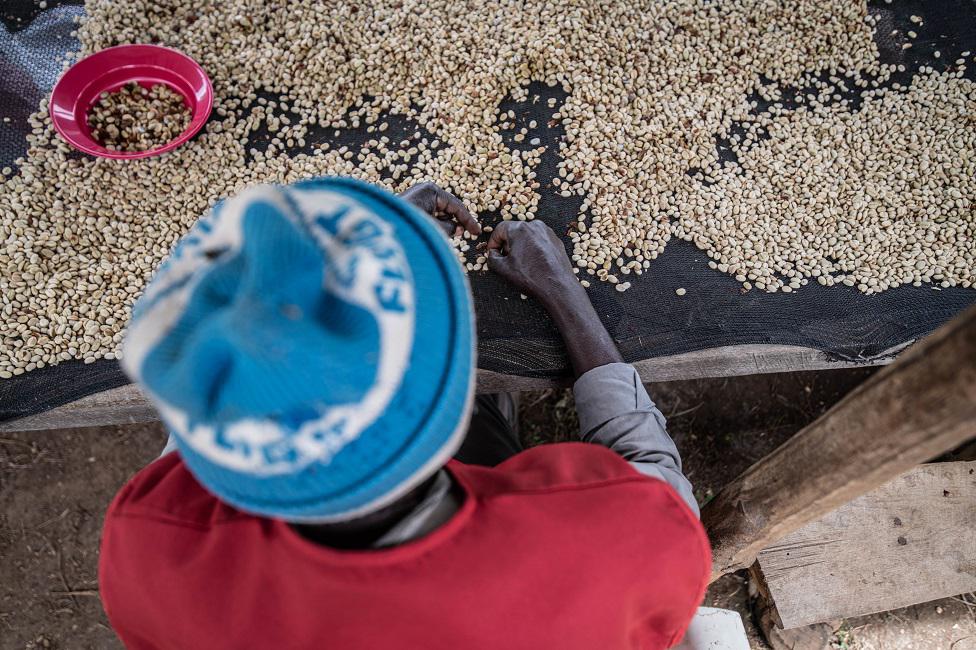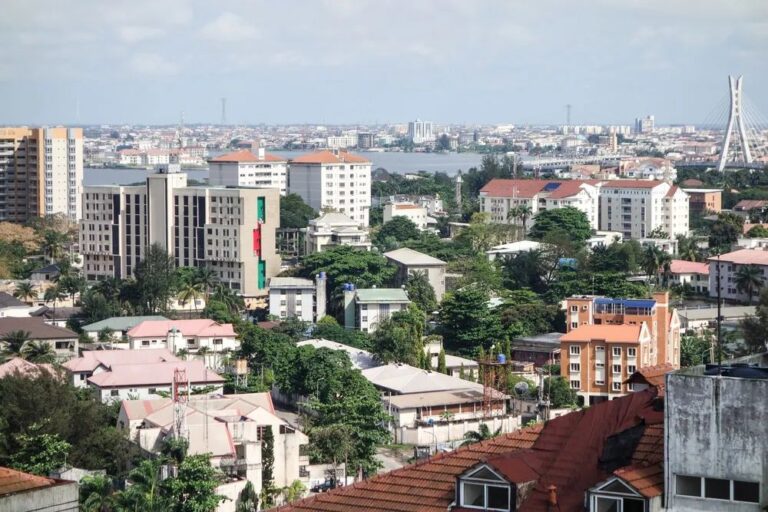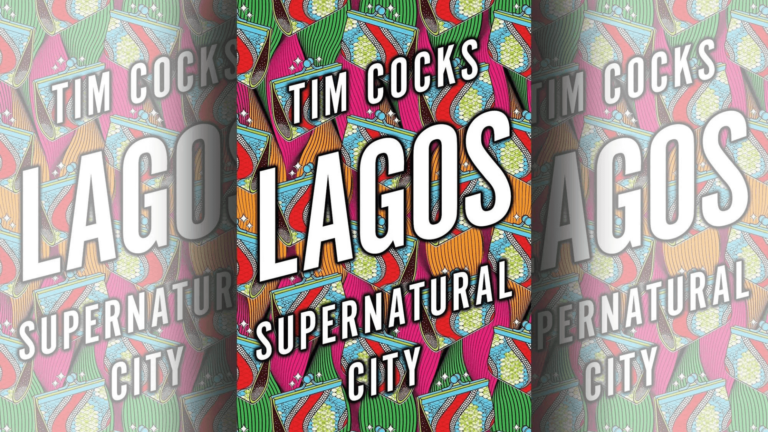Coffee-growing highlands of eastern Democratic Republic of Congo (DRC), a fragile recovery for the coffee industry, is now under threat from a resurgence of conflict. Farmers who had begun to rebuild their livelihoods are now seeing their recent gains unravel as escalating hostilities make it impossible to tend to their crops and get them to market.
After decades of decline that saw production plummet from over 100,000 metric tons in the 1980s to just over 10,000 tons in the early 2000s, the DRC’s coffee sector had started to make a comeback. Thanks to the efforts of cooperatives and international organizations, production had climbed to over 62,000 tons in 2023. Farmers were receiving training in modern agricultural practices, and their high-quality beans were gaining recognition on the international specialty coffee market.
However, the recent escalation of a long-standing conflict, including fighting between government forces and the M23 rebel groups, has brought this progress to a halt. The conflict has killed thousands and displaced hundreds of thousands of people, including many farmers. With major cities and export routes now blocked, farmers are unable to harvest their crops, which are left to rot on the trees.
François Kambale Nzanzu, the director of the state agriculture office that oversees exports, said that while coffee trees flowered abundantly this year, fighting and banking disruptions have hit exports.
“We had a lot of coffee, but there weren’t many exporters this year,” Nzanzu said. Reuters reported.
One farmer, Mudekereza Kashugushu Celestin, reported that he harvested only $50 worth of coffee this year, a fraction of the $300 he had harvested in previous years. The disruption has also made it difficult for exporters to operate, with a state agriculture official noting a significant drop in the number of exporters this year despite an abundant flowering of coffee trees.

This instability threatens not only the economic recovery of the region but also the well-being of the farming communities who depend on coffee for their income.












